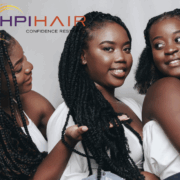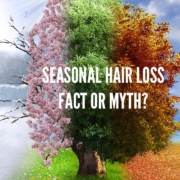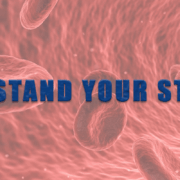Low TestosteroneHair Loss In Women in Nashville, TN
Combat low testosterone hair loss with effective treatment options.
Hair loss is a common concern for both men and women, with low testosterone levels being a potential contributing factor. While the prevalence of low testosterone in women is lower than in men, it can still have significant effects, including hair loss. Understanding the relationship between low testosterone and hair loss in women is crucial for effective treatment and management. This comprehensive guide explores the connection between low testosterone and hair loss in women, as well as available treatment options to address this issue.
Knowing Low Testosterone in Women
While testosterone is often associated with men, it is also an important hormone in women. Testosterone plays a critical role in various bodily functions, including regulating energy, mood, and muscle mass. In women, low testosterone levels can lead to several symptoms, such as fatigue, decreased libido, and hair loss.
The Connection between Low Testosterone and Hair Loss
Hair loss in women can be influenced by a variety of factors, including genetics, hormonal changes, and medical conditions. Low testosterone levels can contribute to hair loss by disrupting the hair growth cycle. Testosterone is converted to dihydrotestosterone (DHT) in the body, and high levels of DHT can lead to shrinking hair follicles and shorter hair growth cycles, ultimately resulting in hair thinning and loss.
Symptoms of Low Testosterone-Related Hair Loss
Recognizing the signs of low testosterone-related hair loss in women is essential for early intervention. Some common symptoms include:
– Thinning hair on the scalp
– Noticeable increase in hair shedding
– Reduced hair density in certain areas
– Slower hair growth rate
It’s important to consult with a healthcare professional to accurately diagnose the underlying cause of hair loss and determine if low testosterone levels are a contributing factor.
Treatment Options for Low Testosterone-Related Hair Loss in Women
Addressing low testosterone-related hair loss in women often involves a multi-faceted approach, tailored to each individual’s needs. Here are some potential treatment options:
1. Hormone Replacement Therapy (HRT): For women with clinically low testosterone levels, HRT may be recommended to restore hormonal balance and alleviate associated symptoms, including hair loss.
2. Topical Treatments: Minoxidil, a common topical hair growth solution, can be effective in promoting hair regrowth and combating further hair loss in women with low testosterone levels.
3. Nutritional Support: A balanced diet rich in essential nutrients, such as iron, zinc, and biotin, is crucial for maintaining healthy hair. Nutritional supplements can also support overall hair health.
4. Stress Management: Chronic stress can impact hormone levels and contribute to hair loss. Stress-reducing techniques, such as meditation and yoga, can play a role in managing hair loss associated with low testosterone.
5. Lifestyle Adjustments: Adopting a healthy lifestyle, including regular exercise and adequate sleep, can positively impact hormone levels and overall well-being, potentially benefiting hair health.
The essence
Recognizing the impact of low testosterone on hair loss in women is an important step toward effective management and treatment. nderstanding the connection between hormone levels and hair health, women can explore various options to address hair loss and promote overall well-being.
In the context of a bodybuilder researching supplements, it’s crucial to prioritize comprehensive care and an individualized approach to address low testosterone-related hair loss in women. Consulting with a healthcare professional is essential for accurate diagnosis and personalized treatment recommendations.














